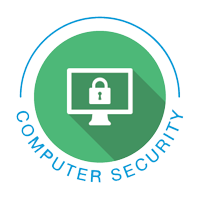 Public WiFi networks are becoming more and more popular, in coffee shops, hotels, airports, and shopping locations. They spell convenience and productivity, and make for a seamless internet browsing experience. But are they safe and secure enough to use?
Public WiFi networks are becoming more and more popular, in coffee shops, hotels, airports, and shopping locations. They spell convenience and productivity, and make for a seamless internet browsing experience. But are they safe and secure enough to use?
Hackers, for one, are known to frequently snoop on public wireless networks. It’s easy enough to do given the fact that not much hardware and software are necessary for even amateurs to mount an attack. All it takes is to get in between the network and the user, and see the user’s data as it passes by. This can be done by creating his or her own wireless connection, making it look legitimate.
Hackers can also use an unsecured WiFi connection to distribute malware. They can easily plant infected software on one’s computer or device if the user allows file-sharing across the network. The ingenious ones even manage to hack the connection point itself, leading a pop-up window to appear during connection with an offer. Once clicked, the window allows the malware installation.
The answer is no, public wireless networks aren’t as safe and secure as one would like them to be. But there are ways to mitigate the risks. Turn off sharing and don’t allow remote login from other computers when on a public network. It also pays to enable one’s firewall, and use HTTPS and SSL whenever possible.
Connect to businesses’ wireless networks over VPNs, which protect customer data from hackers by serving as the private data highways. An alternative is to use one’s mobile phone as a hotspot that will allow internet access to one’s own wireless network from the laptop.
Michael Giuffrida is a managing partner at Titan Strategic Partners. With headquarters in Hartford, Connecticut, the company’s expertise is in building and improving organizations from startups to established businesses. Learn more on this website.
